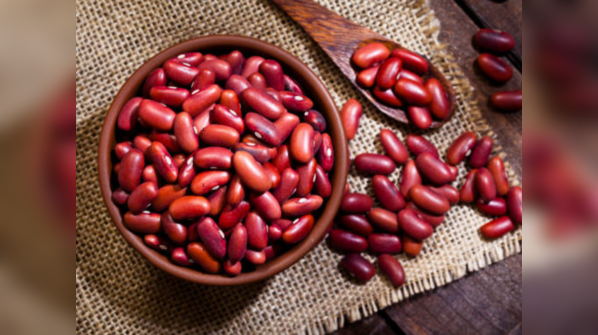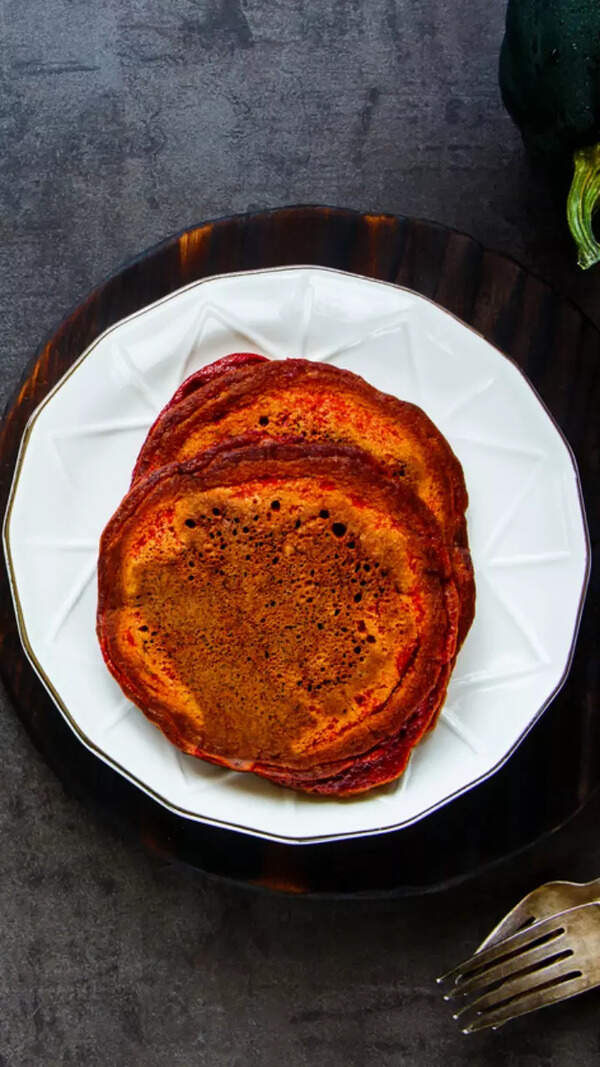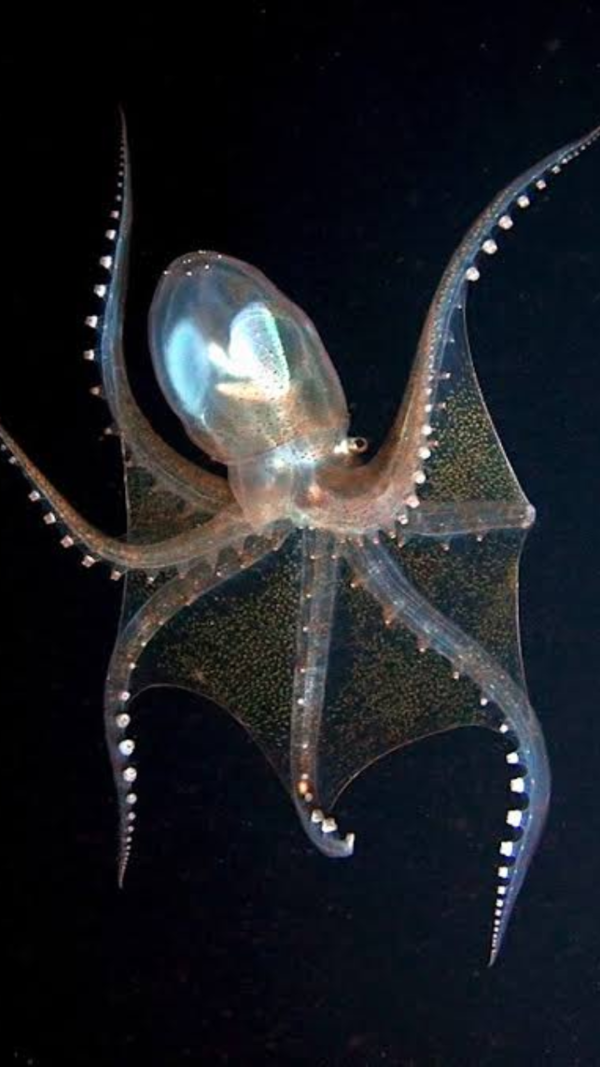10 Indian dals and their nutrition profile

10 Indian dals and their nutrition profile
Dals are the heart and soul of Indian kitchens. They're rich in flavour, comforting, and packed with goodness. But beyond their delicious taste, they’re also nutritional powerhouses that keep us energised and healthy. Whether you're enjoying a hearty dal with roti or a simple, spiced-up version with rice, these humble lentils pack a punch. Let’s take a closer look at 10 popular dals, their nutrition profiles, and what they bring to the table!

Toor dal (yellow pigeon peas)
Toor dal offers approximately 343 kcal per 100g, with 22g of protein and 64g of carbohydrates, including 15g of dietary fibre. It contains only 1.5g of fat, along with 5mg of iron, 1392mg of potassium, 173mg of magnesium, and 57mg of calcium. It’s also rich in B vitamins like folate, thiamine, riboflavin, and niacin. It's high protein and fibre content supports heart health and digestion, while folate and iron make it great for blood and energy levels.

Moong dal (yellow split gram)
Moong dal delivers about 347 kcal per 100g, with 24g of protein and 62g of carbs, including 16g of dietary fibre. It’s low in fat at 1.5g, and provides 5mg iron, 1200mg potassium, 150mg magnesium, and 48mg calcium. With a generous dose of folate and other B vitamins, this dal supports muscle repair, aids digestion, and helps manage blood pressure naturally.

Masoor dal (red lentils)
A 100g serving of masoor dal provides around 358 kcal, 25g of protein, and 60g of carbohydrates, with 10g of fibre. It has just 1.2g of fat, along with 7mg of iron, 1120mg of potassium, 120mg of magnesium, and 56mg of calcium. This dal is an excellent source of plant protein and iron, helping boost immunity and haemoglobin, while its antioxidants benefit the skin and reduce inflammation.

Chana dal (split chickpeas)
Chana dal contains around 359 kcal, 19g of protein, and 60g of carbohydrates with 12g of fibre per 100g. It has a slightly higher fat content at 3.5g, along with 6mg iron, 1045mg potassium, 148mg magnesium, and 48mg calcium. Rich in folate and thiamine, this dal helps control blood sugar levels, supports muscle growth, and keeps you full for longer.

Urad dal (black gram)
This dal provides 341 kcal, 25g protein, and 60g of carbs with a high 18g fibre content in a 100g serving. It contains 1.2g fat, 7mg iron, 1190mg potassium, 160mg magnesium, and an impressive 165mg calcium. High in essential minerals and omega-3 fatty acids, urad dal boosts muscle strength, supports digestion, and promotes strong bones.

Dal fry (spiced yellow lentils)
Typically made from toor dal, dal fry offers about 314 kcal per 100g, with 19g protein, 54g carbohydrates including 11g fibre, and 2g fat. It also includes 4mg iron, 1090mg potassium, 140mg magnesium, and 55mg calcium. The addition of spices enhances its anti-inflammatory benefits, making it great for digestion, immunity, and sustained energy.

Tur dal (red gram)
Similar to toor dal, tur dal provides around 344 kcal, 23g protein, 62g carbohydrates with 15g dietary fibre, and just 1g fat per 100g. It contains 5mg iron, 1300mg potassium, 170mg magnesium, and 58mg calcium. With its mineral-rich profile, it supports heart health, bone strength, and steady blood sugar levels.

Rajma dal (kidney beans)
Rajma dal delivers 337 kcal, 23g of protein, and 60g of carbs with 15g fibre per 100g. It’s low in fat at 0.8g, and offers 5mg iron, 1200mg potassium, 140mg magnesium, and 50mg calcium. Full of folate and other B vitamins, rajma supports muscle repair, improves immunity, and keeps the heart healthy.

Moth dal (matki dal)
Moth dal offers about 333 kcal per 100g with 22g protein, 58g carbohydrates including 15g fibre, and 1.2g fat. It’s also rich in iron (4.5mg), potassium (1035mg), magnesium (135mg), and calcium (60mg). With a good supply of B vitamins, it promotes digestion, boosts circulation, and supports skin and energy health.

Green moong dal (green gram)
Green moong dal gives around 347 kcal, 24g protein, and 62g carbs with 16g fibre per 100g. It has 1.5g fat, 4.5mg iron, 1180mg potassium, 160mg magnesium, and 40mg calcium. Rich in antioxidants and easy on the stomach, this dal supports detox, aids digestion, and contributes to muscle and skin repair.








